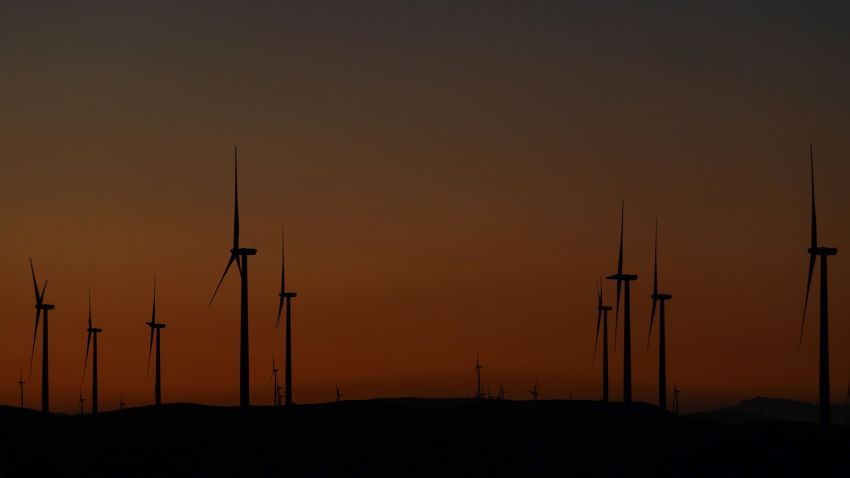Panic-laced cries about climate change abound these days. They often take the form of a warning, along the lines of, “We must completely stop using fossil fuels by the end of this decade or we’re doomed!” Some refer to the proverbial Doomsday Clock, pointing out that the countdown has gone from decades to years to what now seems like minutes before a midnight cataclysm.
The problem with these laments isn’t only that they induce paralysis or denial. It’s that when it comes to the climate crisis, there is, in fact, no “midnight,” no final showdown, no definitive moment that will resolve it. At least for the foreseeable future, we will still be here at midnight. It’s no longer a question of “if” we will blow past the 1.5 degrees Celsius increase in average global temperatures that the United Nations Intergovernmental Panel of Climate Change says is the target to avoid “catastrophic” climate change. It’s likely that we will. The question is, What happens next?
That’s not to say that there is no impending crisis—no existential threat to humans and all other living species, to say nothing of the ravages to nature and the devastatingly unequal pain inflicted along the way. But given that this is indeed the reality, acceptance is not the same thing as resignation. To the contrary, it’s the basis of an intelligent approach to confronting the crisis. Paraphrasing the way Karl Marx put it, humans make our own history, but not in conditions of our choosing.

